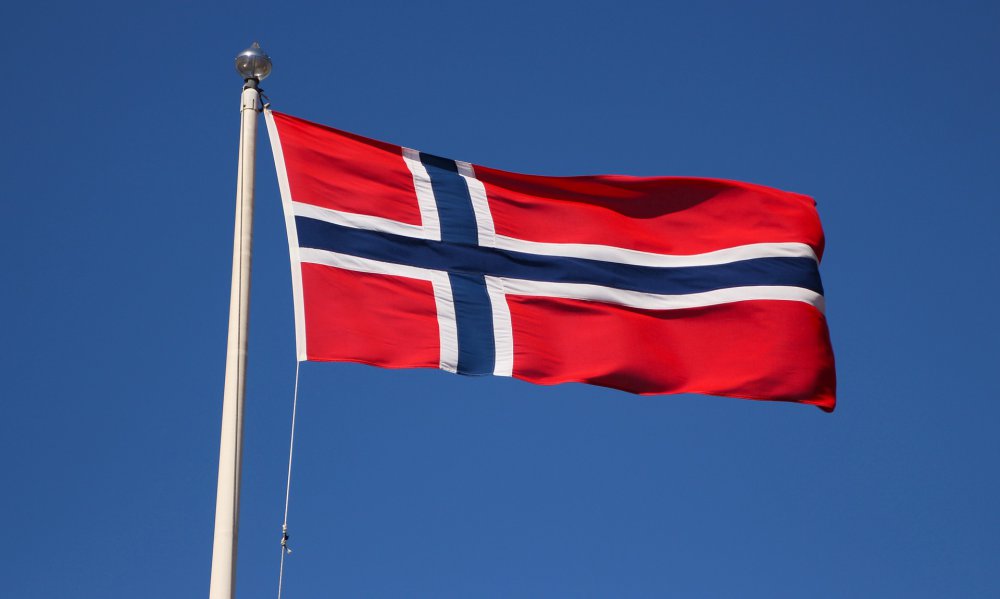
blog


Norway is one of three countries with mandatory human rights due diligence legislation
Without waiting for European Commission’s proposal for a directive on mandatory supply chain due diligence (expected in July 2021) Norway, a member of the European Economic Area (EEA)[1], passed on June 10, 2021 a law requiring companies to perform due diligence assessment in their supply chains. After France[2], Norway is the second country to adopt such legislation. On June 11, 2021, the German Parliament passed similar legislation, the “Law on corporate due diligence in supply chains.”[3] Although these three legislations share the same objective, they differ in terms of due diligence obligations imposed on companies and enforcement mechanism. The French approach is one of judicialization – the judge has the authority to order companies to modify their due diligence strategy.[4]
Protecting human rights wherever companies operate
Like the French and German laws, the Norwegian law requires companies to implement mechanisms to ensure that human rights are respected wherever they operate in the world and throughout their supply chain. The law is based on the UN Guidelines[5] and the OECD Guidelines for Multinational Enterprises.[6]
Extraterritorial scope of the legislation
The Norwegian law applies to large companies domiciled in Norway, as well as to foreign companies that provide goods and services in this country. According to the Norwegian Accounting Act, larger companies are public limited and listed companies, as well as companies which fulfil the following three conditions over two consecutive years:
- Sales revenues more than 70 million of Norwegian krone (NOK), or 7 million euros;
- Balance sheet total more than NOK 35 million, or 3,5 million euros;
- More than 50 full-time employees.
According to the Norwegian Government’s Impact Assessment, the scope of the law could cover approximately 8,800 companies.
Due diligence obligation limited to human rights
Unlike two other laws, the Norwegian law seems to focus only on human and social rights, without mentioning environmental protection. In this respect, while the French duty of vigilance obligation covers human, social and environmental rights without providing any further details, the German law lists mandatory provisions of treaties and laws (e.g., the Stockholm Convention[7], the Minimata Convention[8], the Basel Convention[9] and laws on the protection of human health).
Transparency of due diligence
Like the French and German laws, the Norwegian law requires companies to identify the risks of human rights violations and to implement actions to prevent and limit these risks. The company must regularly update its due diligence programme.
The annual report including the due diligence programme, signed by the board of directors and the managing director of the company, must be published on the company's website. In addition, anyone is entitled to obtain information from the company on how it is implementing its due diligence programme. As under the French[10] and German laws, this transparency obligation has a limit: the protection of professional and business secrecy.
Responsibility for enforcement placed under an administrative agency
Like the German law, the Norwegian law places the responsibility for enforcement of the law under an administrative agency – the Norwegian Consumer Agency. The latter can order companies to modify their due diligence programme. It should be noted that under the French law, the judge in charge of the commercial court has this power, as confirmed by the decision of the Versailles Court of Appeal of December 10, 2020.[11] However, this power will probably be transferred to the judicial judge by the law on climate change. Refusal to create the specific civil liability regime
The Norwegian law does not create a liability regime for companies. It provides that administrative fines can be imposed on both companies and responsible individuals.
Conclusion
Since Norway is a member of the EEA and not of the European Union, it will not participate in the discussions between the Council and the European Parliament on a directive on mandatory supply chain due diligence. It remains to be seen whether Norway will be bound by the provisions of this directive, which is not drafted by the Directorate General for the Internal Market (DG GROW), but by the Directorate General for Justice and Consumer Affairs (DG JUST). Under the EEA Agreement, the Member States are not obliged to respect EU legislation in the field of justice. It will therefore be necessary to clarify whether Norway will be bound by this future directive, which in any case augurs a lively debate in the future.
[1] 27 Member States of the European Union and Ireland, Liechtenstein et Norway.
[2] Law No 2017-399 of March 27, 2017 on the duty of vigilance for parent companies and principal contractors.
[3] N. Lenoir, “Devoir de vigilance : des choix politiques et juridiques contrastés entre France et Allemagne”, in l’Opinion, June 16, 2021.
[4] N. Lenoir, La loi sur le devoir de vigilance ou les incertitudes de la transformation du droit souple en règles impératives, La Semaine Juridique Entreprise et Affaires, No 26, June 25, 2020
[5] United Nations Guiding Principles on Business and Human Rights, 2011.
[6] OECD Guidelines for Multinational Enterprises, 2011.
[7] Stockholm Convention on Persistent Organic Pollutants, May 22, 2001.
[8] Minamata Convention on Mercury, October 10, 2013.
[9] Basel Convention on the Control of Transboundary Movements of Hazardous Wastes and their Disposal, March 22, 1989.
[10] Constitutional Council, Decision No 2017-750 DC of March 23, 2017, para 18 : “the contested provisions, in particular insofar as they require different types of measures to be included in the due diligence plan, do not require companies (…) to make public information relating to their industrial or commercial strategy.”
[11] CA Versailles, Décembre 10, 2020, No 20/01692 ; N. Lenoir, La cour d'appel de Versailles confirme la compétence du tribunal de commerce pour connaitre des contestations relatives au plan de vigilance des sociétés commerciales, Recueil Dalloz, No 9, March 11, 2021.
Noëlle Lenoir Avocats
+33 1 45 44 67 16
contact@noellelenoir-avocats.com
Noêlle Lenoir Avocats ©2020 All rights reserved
